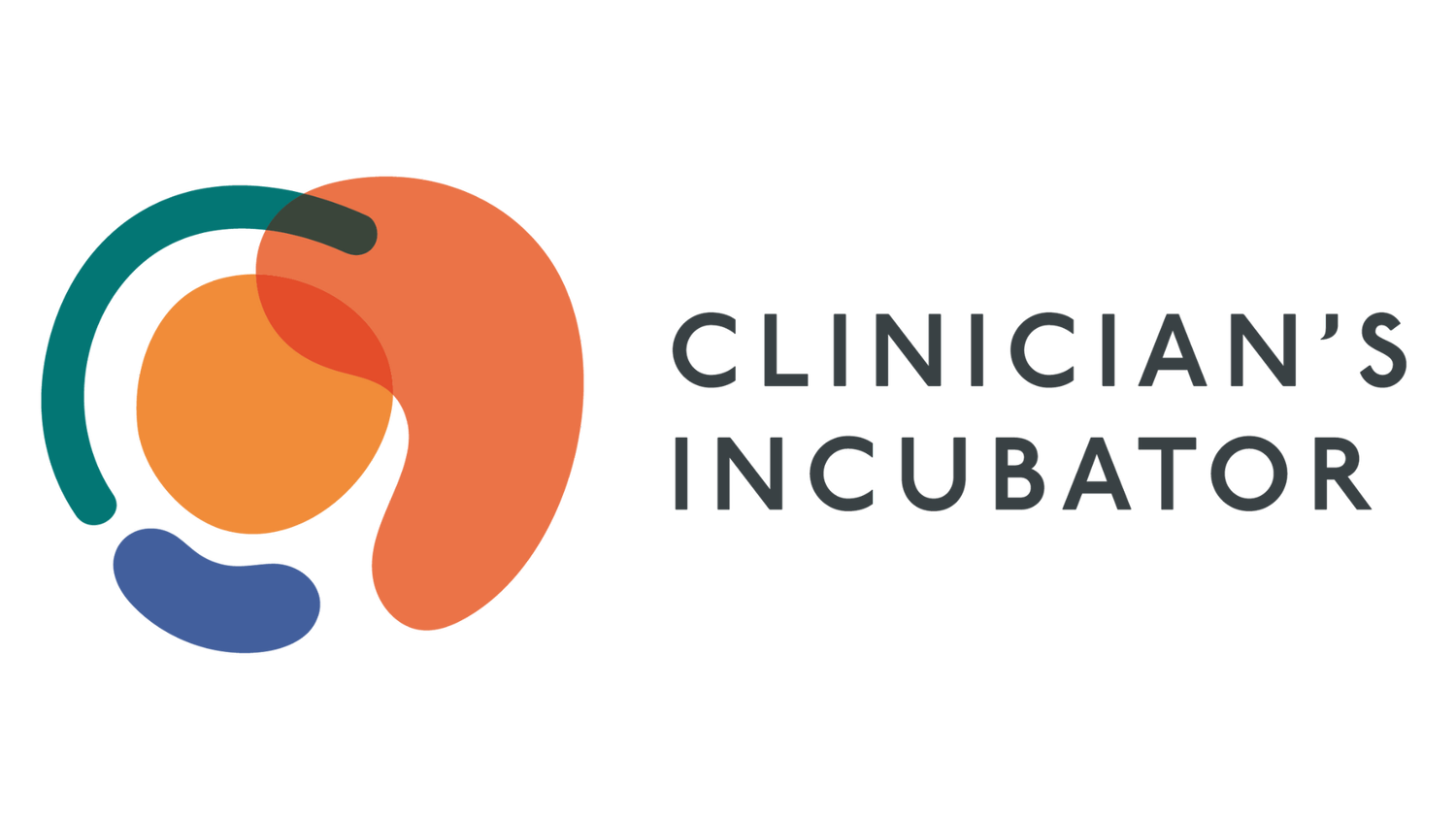What You Learned “Out There” Matters in Here: Real Clients Need More Than Biochemistry
When many of us first meet nutrition science, it feels so straightforward. You learn mechanism after mechanism, pathway after pathway, and you start to think, “I finally understand how to fix everything.” Fresh out of undergrad or early grad school, it is easy to believe that success as a clinician lives in data alone. Eat this way, take this nutrient, fix this root cause. Boom, done.
Then real clients walk in the door.
One client has sensory overwhelm around textures.
Another is a single parent with zero childcare and zero time.
Another has medical trauma that makes food choices feel terrifying.
Another is grieving.
Another only sleeps five hours a night.
Another is scared of failure.
Suddenly, nutrition is not a theoretical exercise. It is a human relationship. Biochemistry matters, of course. But it is only half of the story. The rest of the story comes from who you are and who your clients are.
Personalized Nutrition Requires More Than Protocols
Many people enter the CNS world later in life, often after an entire first career. They sometimes worry they are behind. In reality, their lived experience becomes a clinical superpower.
You can design the most perfectly researched plan in the world. You can address every biochemical pathway, every lab marker, and every mechanism of disease. If the plan is handed to a client without attunement to their real life, the plan will fall apart. People change when they feel understood, supported, and safe, not when the science is flawless.
This is exactly where career changers shine.
Someone who has spent years in a different field has often lived inside the same barriers that their clients face. They have skipped meals because of deadline pressure. They have tried to meal prep between soccer practice and a night shift. They have eaten cereal for dinner during grief. They have navigated burnout, parenting, chronic illness, or busy commutes. They have experienced life, and that lived reality makes them excellent at meeting clients where they are.
They walk into sessions with a built-in understanding that nutrition plans must work for real humans, not idealized versions of humans.
Career changers recognize the things that influence follow through because they have lived them firsthand. They understand:
• what it looks like to make dinner after a long day of work when you are running on fumes
• what it feels like to manage feeding kids snacks in the car on the way to a long day of soccer or dance or therapy appointments
• what it feels like to try to meet your own needs while meeting everyone else’s at the same time
• what it looks like to come home from caregiving and realize you have supported everyone except yourself
These moments are real life. And clinicians who have lived inside real life bring a kind of deep, grounded empathy to their work that clients feel immediately. They help clients build plans that fit the actual rhythms of a week, not the fantasy of a perfect schedule. They know that follow through does not happen inside a vacuum. It happens inside the complexity of being human.
Meanwhile, someone who enters practice immediately after undergrad often has a very different starting point. Their nutrition education may be academically solid, yet they may be learning their own food skills for the first time while trying to teach others. That does not mean they cannot become extraordinary clinicians. It simply means they have not yet had the lived experience of navigating nutrition in the chaos of adulthood. Many career changers already have.
Personalized nutrition is never only about the right protocol. It is about understanding how humans eat when life is busy, beautiful, chaotic, boring, heartbreaking, stressful, exhausting, and joyful. Career changers bring this understanding with them from day one.
Clients do not need someone who has perfected nutrition. Clients need someone who understands what it is like to be human inside nutrition. Career changers carry that understanding because they have lived it, and that lived experience becomes one of the most valuable clinical tools they will ever use.

